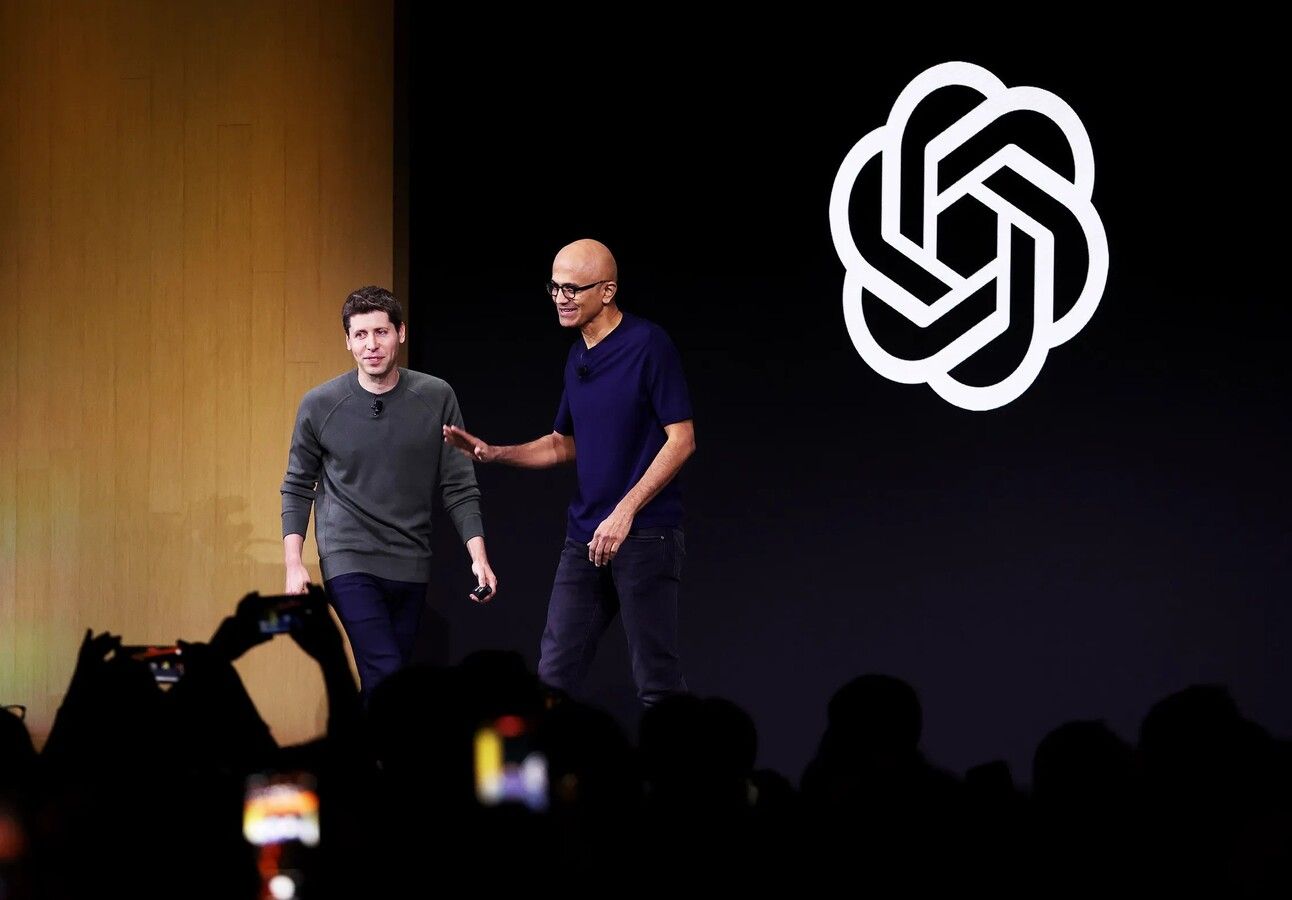- AI Weekly Insights
- Posts
- AI Weekly Insights #23
AI Weekly Insights #23
Sora's Artistic Revolution, Voice Engine's Breakthrough, and the Stargate Supercomputer
Happy Sunday!
Like the iconic Jordan, “AI Weekly Insights #23” is here to make an impact with the AI equivalent of a game-winning shot! This week, we have an OpenAI “Triple Threat” with Sora showcasing its creative potential, research into Voice Engine, and a gigantic collaboration with Microsoft for a future AI supercomputer project.
The Insights
For the Week of 03/24/24 - 03/30/24 (P.S. Click the story’s title for more information 😊):
What’s New: OpenAI has released some captivating "first looks" at how Sora is being used by a range of visual artists, designers, and filmmakers to redefine the boundaries of creative expression.
Creative Works: Using example videos from the multimedia group shy kids, director Paul Trillo, and others, OpenAI showcased Sora's ability to expand creative visions beyond traditional artistic expression. The consensus is that the tool will usher in a new era of unrestricted creativity.
Why It Matters: Sora is a revolution in creative freedom, enabling artists to transcend traditional limitations like budget and resource constraints. This demonstration, particularly through works like the short film "Air Head" by shy kids, not only highlights Sora’s capacity to enhance creative visions but also reassures that it complements rather than replaces human creativity. Check out “Air Head” below:
What's New: OpenAI has shed light on its advancements in Voice Engine, a groundbreaking model capable of generating natural-sounding speech from text, given just a short audio snippet.
Voice Engine: Initially developed in late 2022, Voice Engine has been instrumental behind the scenes, animating the voices in OpenAI's text-to-speech API, ChatGPT Voice, and Read Aloud features. However, OpenAI is treading carefully, mindful of the potential misuse of synthetic voices. The aim is to foster responsible dialogue around the technology's deployment.
Why It Matters: The versatility of Voice Engine is already shining through in early applications, showing a promising future across various sectors from natural-sounding translations to helping non-verbal people. OpenAI is also not rushing the widespread release of Voice Engine (which is probably necessary given the potential for misuse). This cautious but forward-thinking approach reflects their commitment to developing AI that is safe and beneficial for society at large.

Image Credits: OpenAI
What's New: Microsoft and OpenAI are working on plans for a data center project and AI supercomputer called "Stargate" set to launch in 2028 and could cost as much as $100 billion.
Stargate: The project is expected to be 100 times more costly than some of the biggest existing data centers. The proposed supercomputer would be the biggest in a series the companies want to build over the next six years. Microsoft has spread the supercomputers across five phases, with Stargate as the fifth phase.
Why It Matters: The partnership between Microsoft and OpenAI underscores the rapid advancements in AI technology. This colossal investment highlights the critical role of AI chips, with costs ballooning due to the high price tags of these essential components. Last week, we talked about Nvidia’s new chips for AI development. Some of these will likely be used in addition to Microsoft’s custom AI chips.

Image Credits: Justin Sullivan / Getty Images
Fairly short this week!
Your curiosity propels us forward on this journey through the evolving landscape of AI. I'm always eager to hear your insights, answer your questions, and encourage your participation in spreading the word among fellow AI enthusiasts. Until next Sunday, stay curious and engaged!
Warm regards,
- Kharee